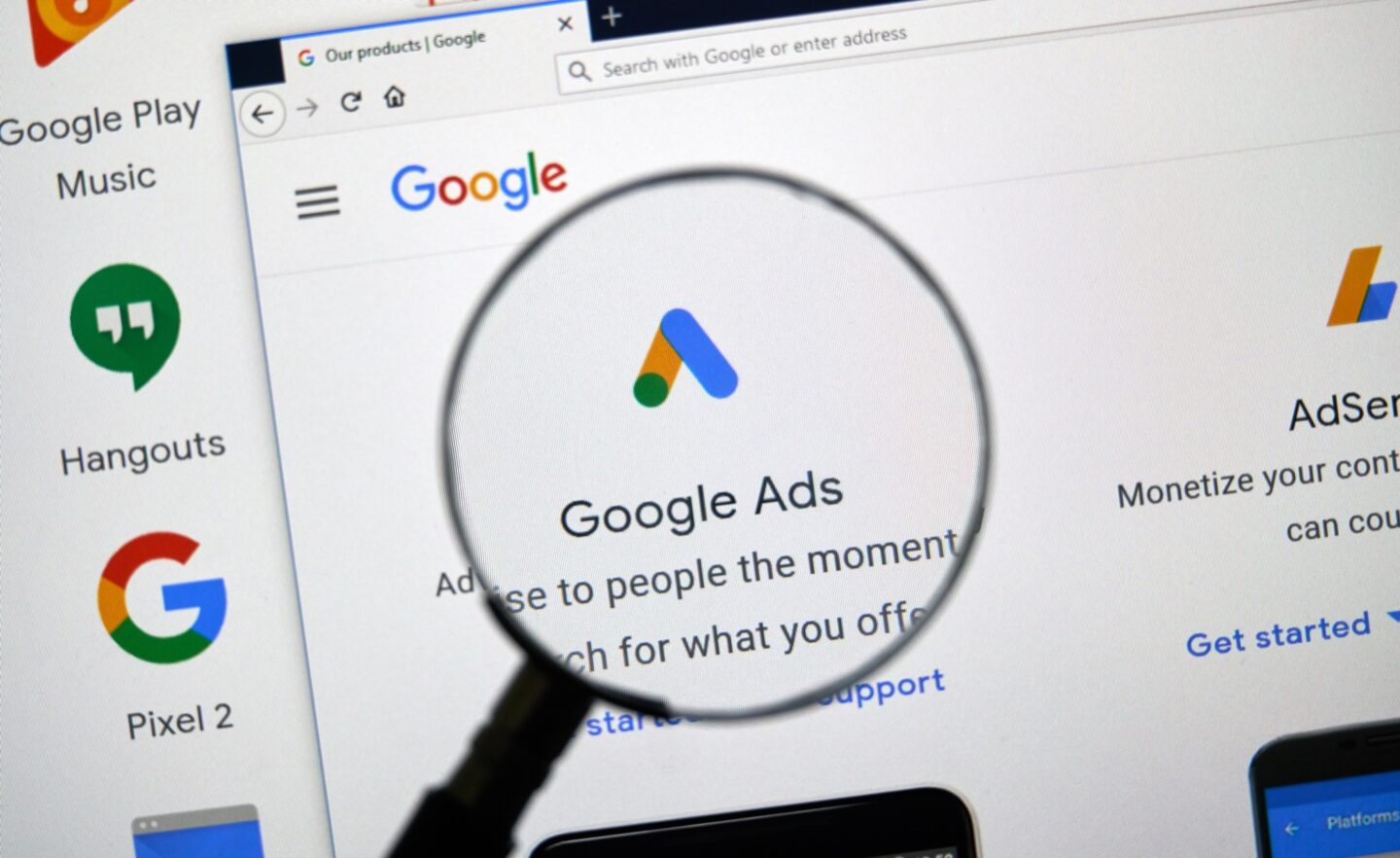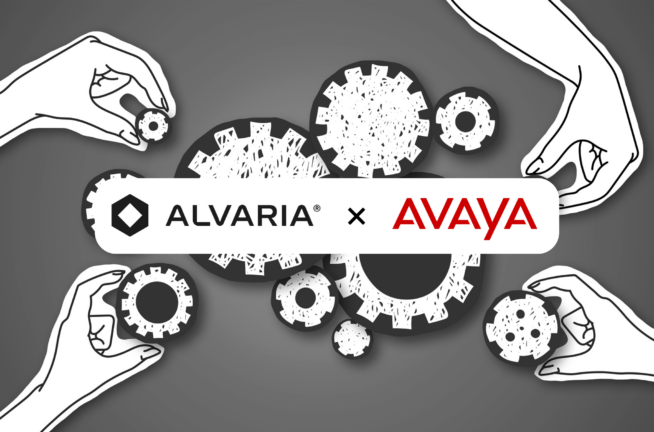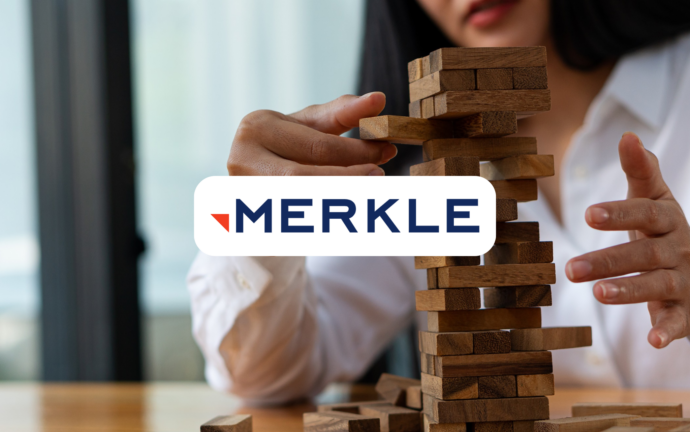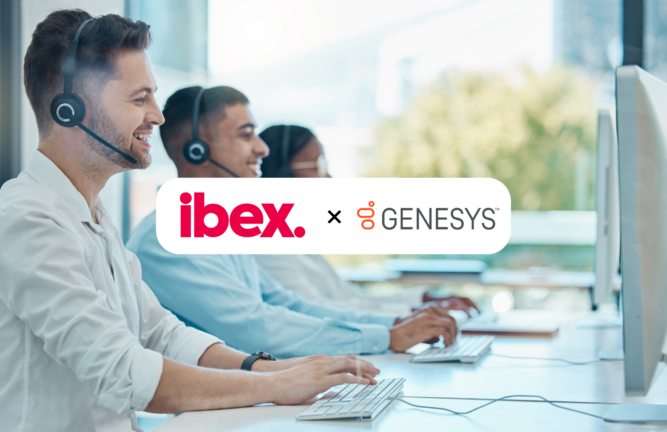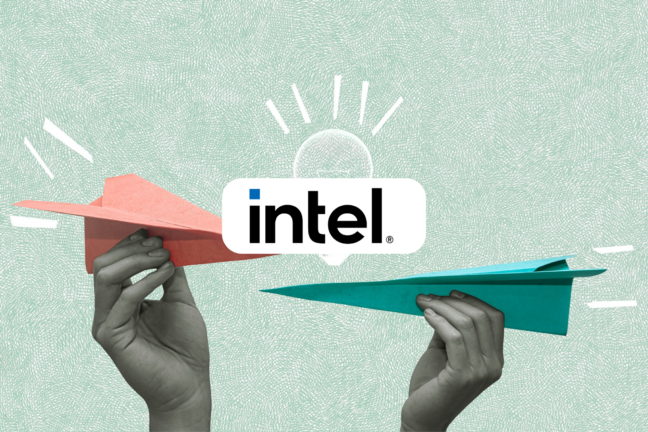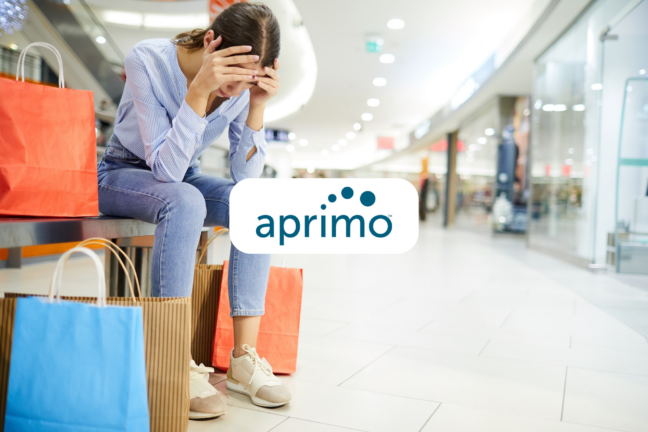Google has unveiled advancements in generative AI at this year's Google Marketing Live event, shifting AI from a supportive role in the background to a prominent position at the forefront of a marketing toolkit.
Google's AI-Powered Chat Feature
Google has introduced a user-friendly conversational experience powered by natural language processing within Google Ads, to simplify the creation of Search ads, and address the challenges businesses face when setting up new advertising campaigns.
Users need to provide a preferred landing page from their website, after which Google AI will analyze the page and provide a concise summary. Additionally, it will generate a range of relevant assets, including keywords, headlines, descriptions, and images tailored specifically to the users' campaign.
In the previous year, Google launched automatically created assets (ACA) for Search ads, which utilize the content from users landing pages and existing ads to generate headlines and descriptions automatically. By incorporating generative AI, the company will enhance its effectiveness in creating and adapting Search ads based on the specific context of a user's query.
For instance, if a user searches for "skin care for dry, sensitive skin," by leveraging the power of AI, Google can now utilize the content from the landing pages and existing ads to generate a headline that closely aligns with the user's query. The AI may generate a new headline such as "Soothe Your Dry, Sensitive Skin." This will improve the relevance of the ad to the user's search intent while ensuring that it remains consistent with the brand identity.
Improving creativity in Performance Max
Performance Max is a campaign type that enables performance advertisers to access their Google Ads inventory from a single campaign. To enhance Performance Max further, Google is integrating generative AI capabilities into the platform, streamlining the process of creating custom assets and scaling campaigns with just a few clicks. Google AI will learn about users' brands and automatically populate the campaign with relevant text and other assets. Additionally, the AI will suggest unique images generated specifically for the brand, enabling users to make a distinct impression on customers across a broader range of inventory and formats.
This feature will also be accessible through the new conversational experience within Google Ads, allowing users to leverage generative AI for Performance Max campaigns seamlessly.
Seamless ad experiences with generative AI
The company also introduced new generative AI capabilities for Search, making it smarter and simpler. As Search evolves, so will advertising, offering more opportunities to grow the business and showcase the brand. These enhancements can be accessed through Search Labs, where users can explore Google Search experiments.
In the coming months, Google will experiment with integrating Search and Shopping ads directly within the AI-powered snapshot and conversational mode. Additionally, it will introduce new native ad formats within the Search Generative Experience (SGE) that leverage generative AI to create highly relevant and customized ads for each stage of the search journey.
Privacy-first rule
As user trust is crucial for the long-term sustainability of the ad-supported internet, Google is offering Google Ads products that prioritize privacy and leverage the power of AI. As Chrome prepares to phase out third-party cookies in the upcoming year, Google's ads teams are actively exploring new privacy-preserving signals from the Privacy Sandbox, allowing users to continue reaching relevant customers and measuring the effectiveness of their campaigns.
AI also took center stage at Microsoft's recent event Build, at which the company introduced Windows Copilot, among other AI releases.
